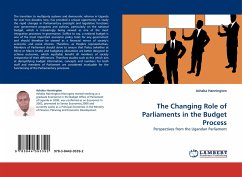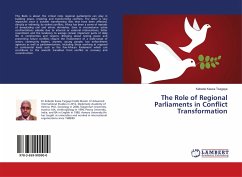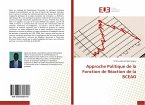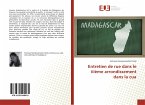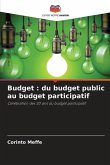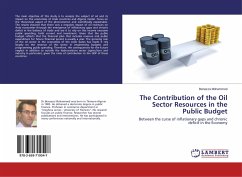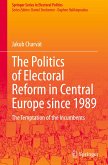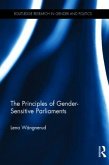The transition to multiparty systems and democratic reforms in Uganda for over two decades now, has provided a unique opportunity to study the rapid changes in Parliamentary oversight and legislative functions over government programs and policies, particularly on the national budget, which is increasingly being viewed as one of the most integrative processes in governance. Suffice to say, a national budget is one of the most important economic policy tools for any government and should therefore be viewed as a financial mirror of society's economic and social choices. Therefore, as People's representatives, Members of Parliament should strive to ensure that Policy (whether at Micro or Macro levels) and budgetary allocations are better designed to achieve outcomes, which equitably benefit all members of society irrespective of their differences. Therefore studies such as this which aim at demystifying budget information, concepts and numbers for both staff and members of Parliament are considered invaluable for the functioning of the Parliamentary processes.
Bitte wählen Sie Ihr Anliegen aus.
Rechnungen
Retourenschein anfordern
Bestellstatus
Storno

